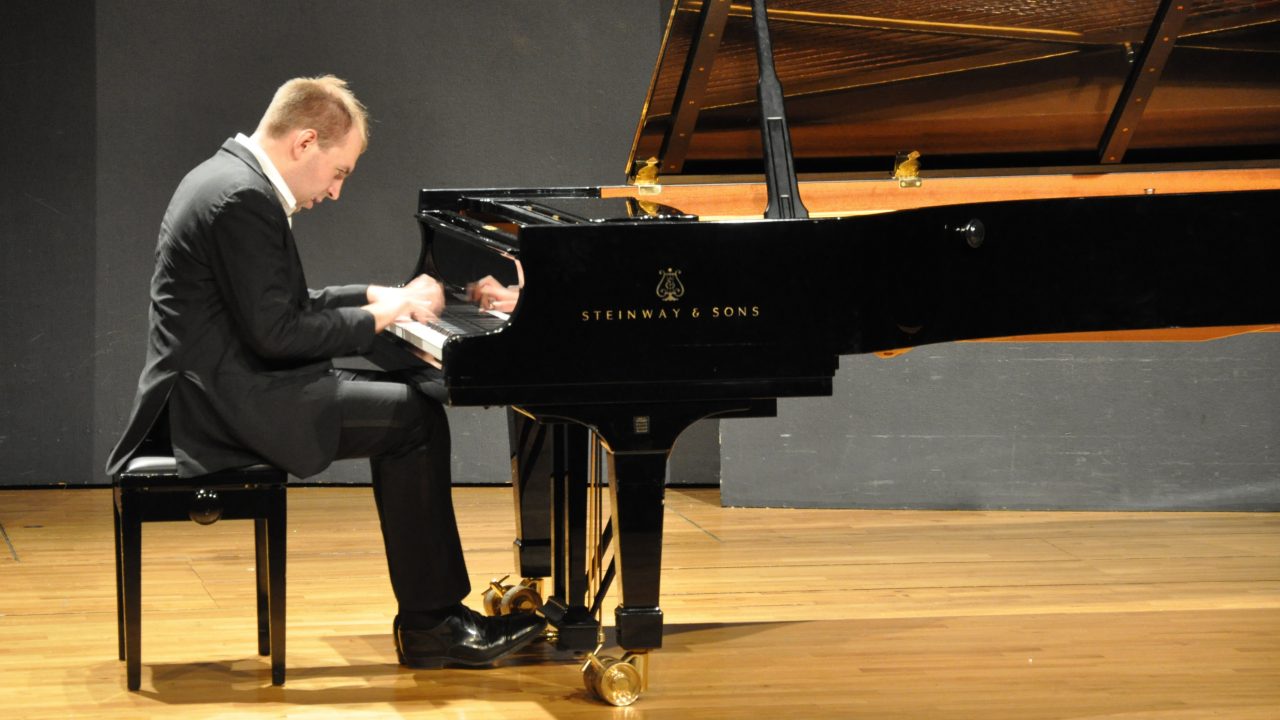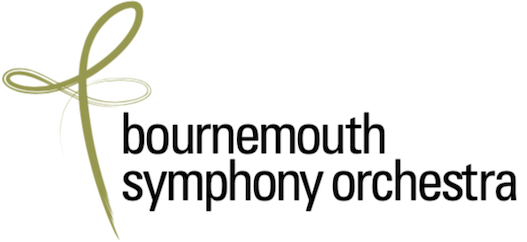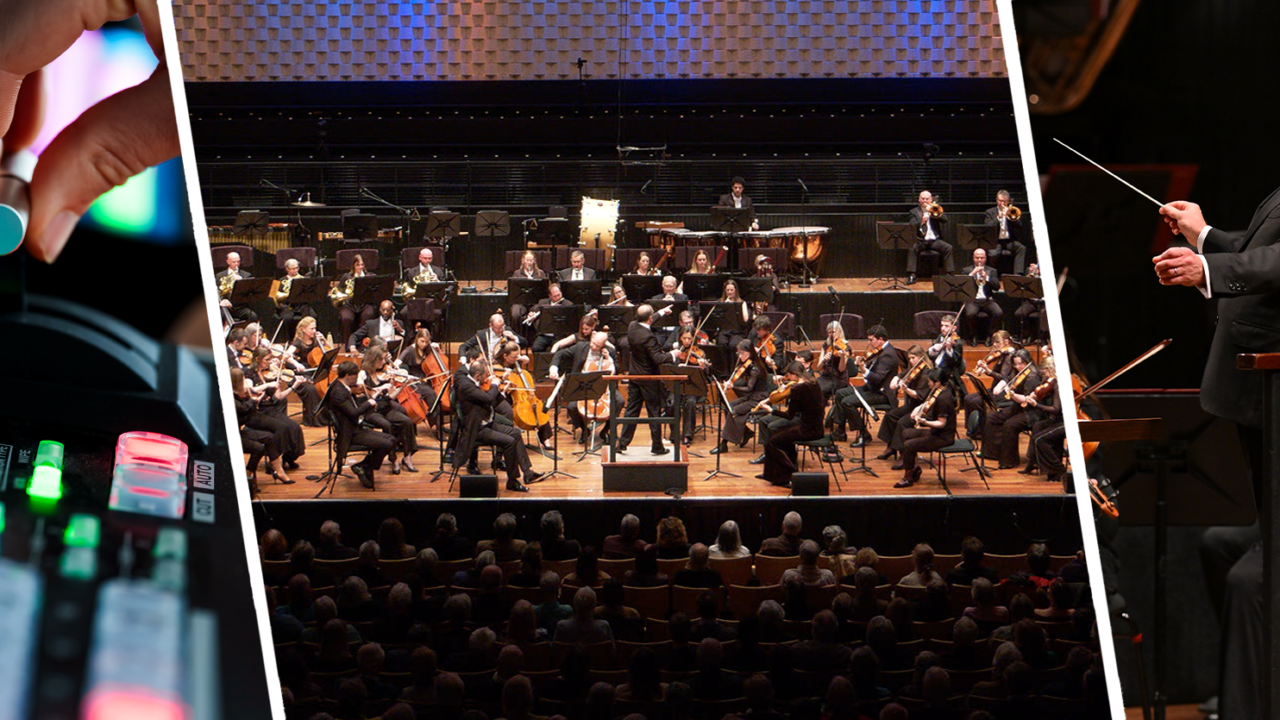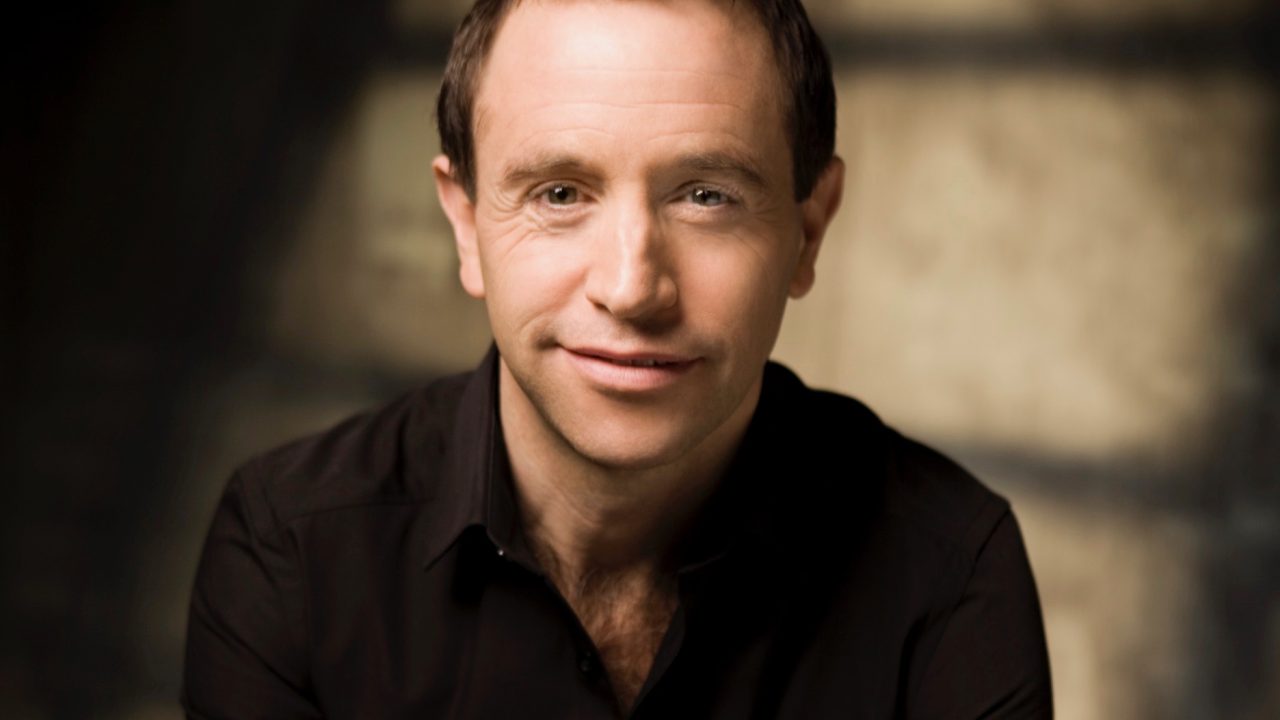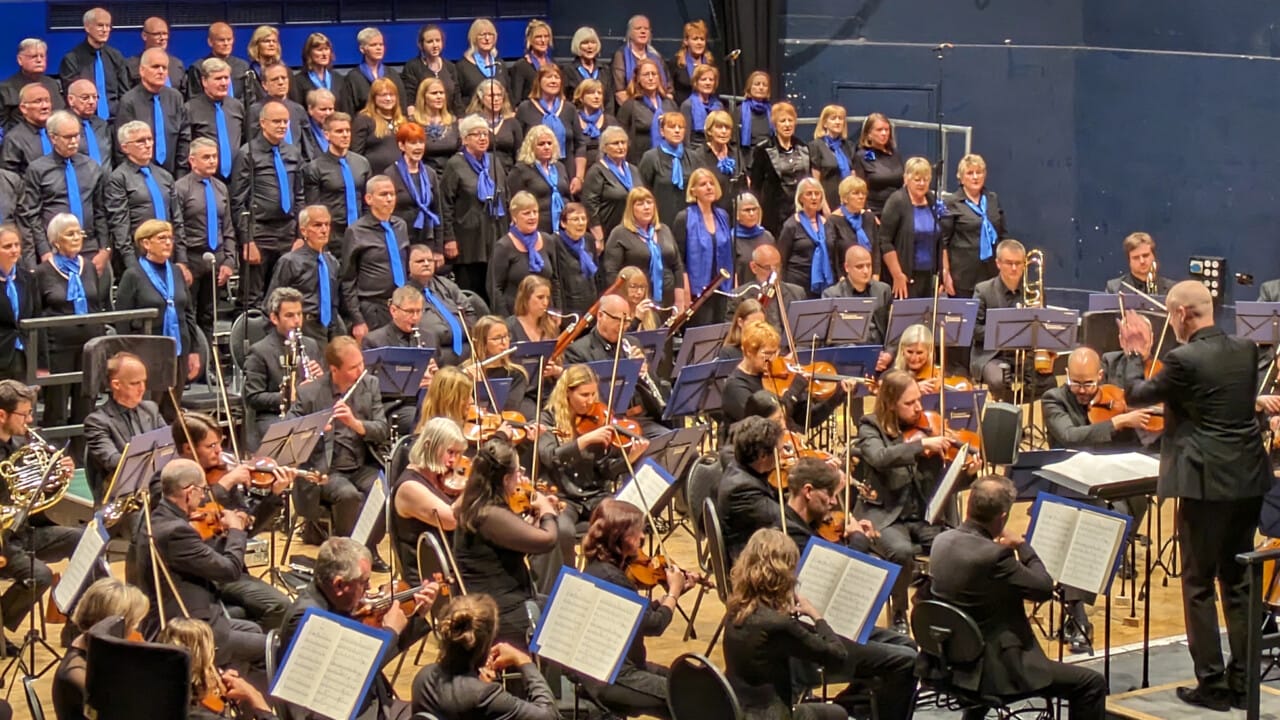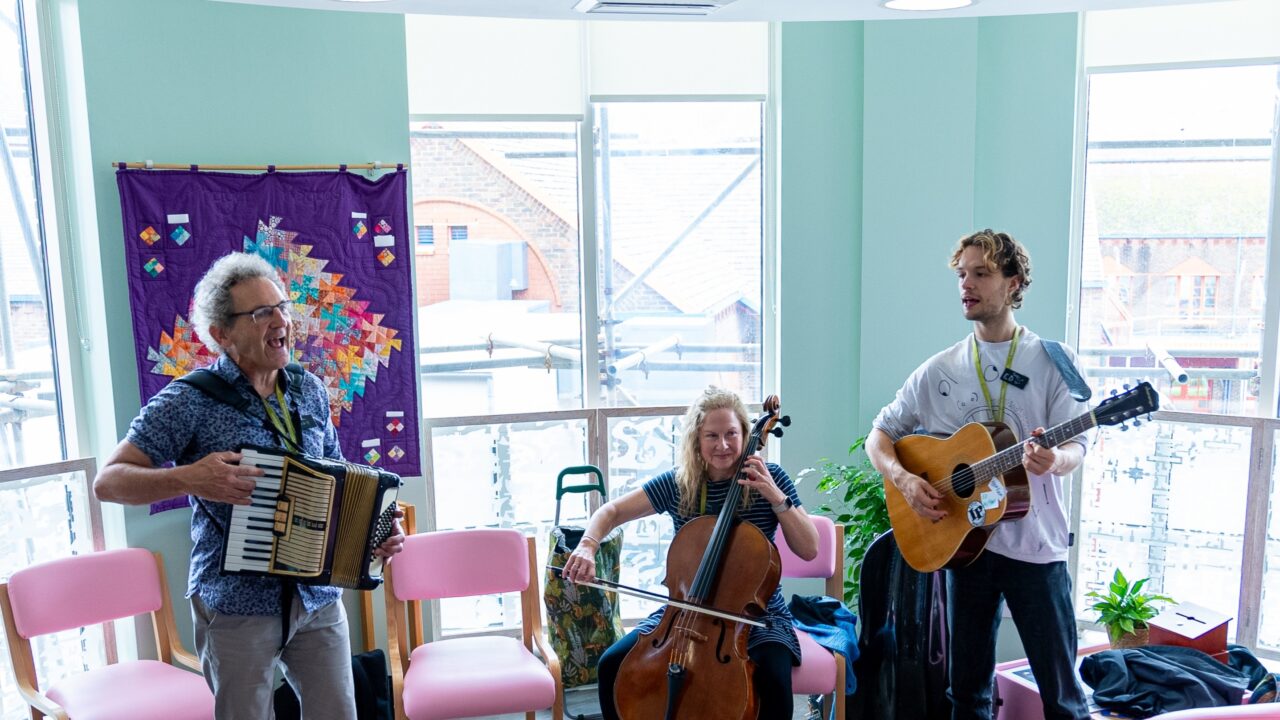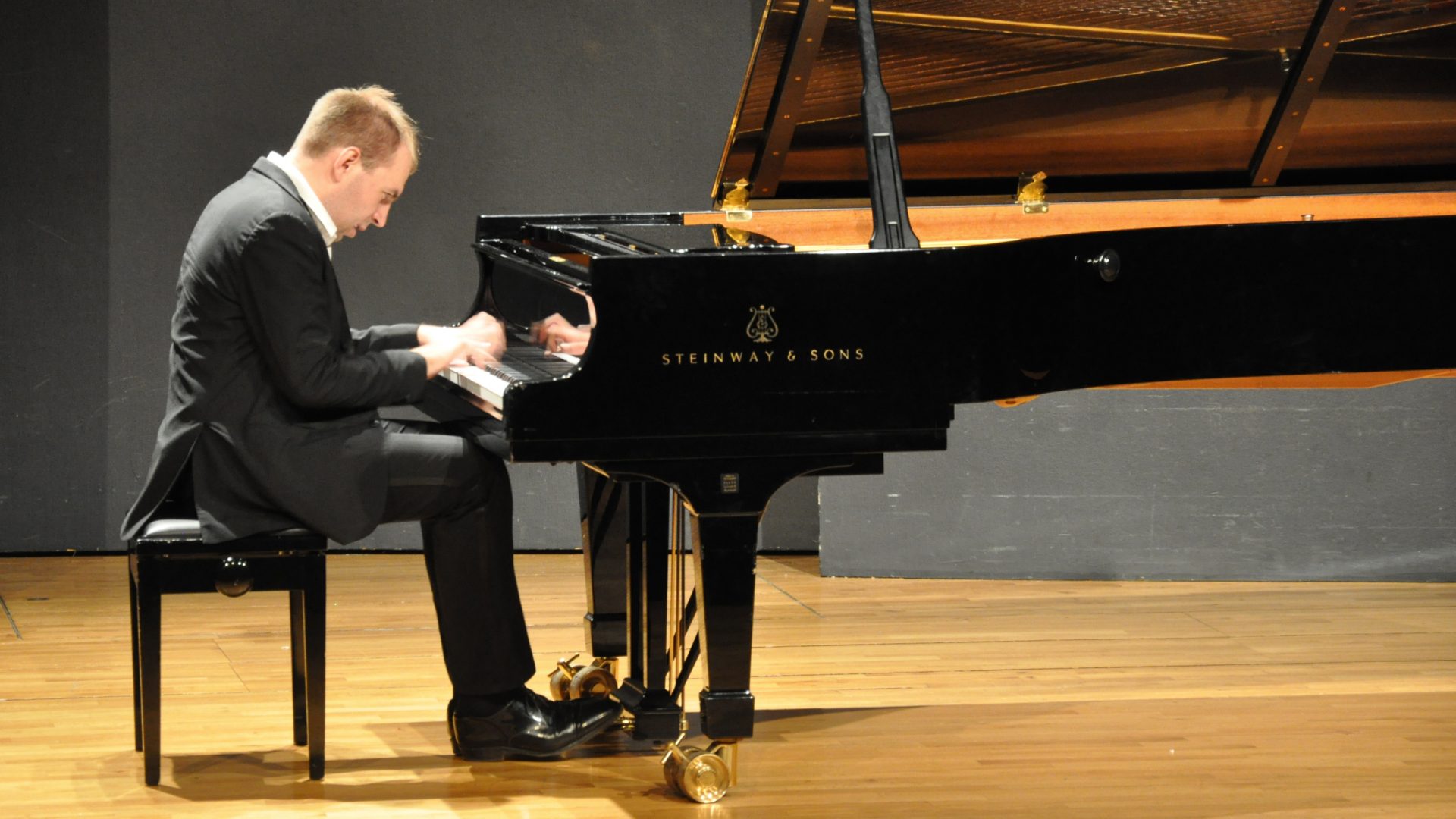Rachmaninov’s Rhapsody is an extrovert and immensely technical demonstration of pianistic wizardry. Wit, charm, romance, rhythmic verve and masterly orchestration combine in what many consider to be his greatest composition. Paganini’s theme is ripe for development and Rachmaninov fully exploits this in a freely imaginative and rhythmically energetic sequence of tightly organised variations forged into a continuous and potent drama, composed in a matter of days and brimming with white-hot inspiration.
The opening performances of Victor Hugo’s Hernani gave rise to near-riots between Romantic supporters and reactionary opponents. In the same year Berlioz produced his Symphonie fantastique and thereby conceived a new world of dramatic expression and orchestral colour. It was a rare leap forward in music – an achievement that is almost inconceivable from a 26-year-old student, working in a country with little symphonic tradition.
Nikolai Tcherepnin composed the music to Edmond Rostand’s play La Princesse lointaine whilst he was still under the influence of his teacher Rimsky-Korsakov. The prelude is often played as a concert overture – a gorgeously languid evocation of medieval chivalry, with the most ravishing of central melodies
Works and composers
Supported by
Gallery
